Many Vietnamese small businesses have noticed increased competitive pressure from Chinese businesses, as Moscow and Beijing increase economic cooperation to cope with sanctions.
Since the Ukraine conflict erupted in late February 2022, Russia has been hit with more than 13,000 Western sanctions, more than those imposed on Iran, Cuba and North Korea combined. Yet Russia’s GDP is expected to shrink by just 2.1% in 2022, and the International Monetary Fund (IMF) even predicts that the Russian economy could grow in 2023.
In response to Western sanctions and the risk of an economic collapse, the Russian government responded quickly, imposing restrictions on capital movements, raising the base interest rate to 20%, and blocking capital outflows from the banking system. By the end of April 2022, the policy of raising short-term deposit interest rates and banning foreign currency withdrawals had helped Russia recapture nearly 90% of the money that people had withdrawn from their accounts.
Ms. Van Anh, a Vietnamese who has lived in Russia for 30 years, said that the withdrawal of foreign companies from the Russian market in early 2022 caused many disruptions to life in Russia. However, the Russian market has gradually regained balance, as the country strengthens economic and trade cooperation with China.
At Liublino Market, also known as the Moscow Trade Center, where Ms. Van Anh manages an import-export company specializing in distributing Asian food products to Russia, the stalls and warehouses are full. "Chinese businesses have rented everything," she told VnExpress .
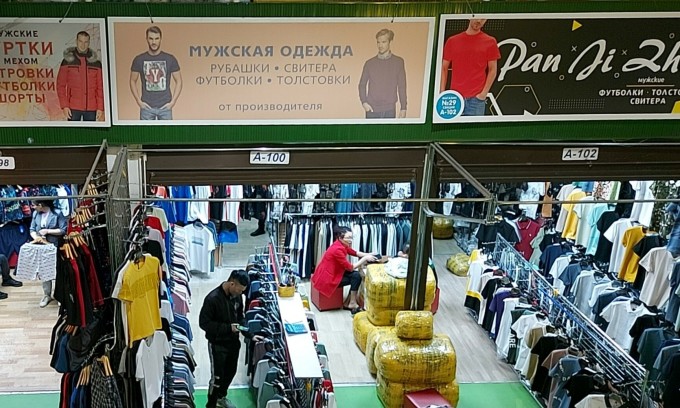
Vietnamese stalls at Liublino market, Moscow, Russia. Photo: Provided by the character
As Russia's economy suffers from Western sanctions, trade between the country and China rose to a record $190 billion in 2022, according to Chinese customs statistics.
Data released in April showed that bilateral trade turnover between Russia and China in the first quarter of 2023 reached $53.84 billion, up nearly 40% compared to the same period in 2022.
Ms. Van Anh said that many Vietnamese traders mainly import goods or raw materials from China, especially in the garment sector, to sell in Russia. Therefore, when Chinese businesses flock to Russia to expand their factories and markets, Vietnamese traders face great competitive pressure.
"Chinese factories have raw materials and technology available, and they also develop their own designs, so they are much more proactive," she said. "Chinese businesses are also proactive in transporting goods to Russia thanks to the transportation system connecting the two countries and support policies from both governments."
In early May, Vietnamese Ambassador to Russia Dang Minh Khoi visited Vietnamese traders doing business at Teply Stan market in southwest Moscow, amid many difficulties in their business activities.
Teply Stan is one of the Russian markets where many Vietnamese people do business, focusing on clothing retail activities as well as restaurant business and some other types of services.
Mr. Ba Vuong, a garment trader at Liublino market in Moscow, also said that Chinese goods are increasingly appearing in the Russian market, from electronics to furniture and clothing, as the two countries increase trade.
China's exports to Russia in the first quarter of 2023 reached $24.07 billion, up more than 47% year-on-year, according to China's General Administration of Customs. The agency estimates bilateral trade with Russia will reach about $215 billion in 2023.
Vuong, who has lived in Russia for about 25 years, added that another difficulty is the volatility of the ruble, which affects the income of Vietnamese people.
"The exchange rate before the conflict was 65 rubles to one dollar. When the war broke out, the embargo from the West caused the ruble to depreciate, at one point reaching more than 120 rubles to one dollar," he said.
Russia has taken a series of drastic measures, from requiring foreign customers to buy gas in rubles to sharply raising interest rates, helping the local currency to recover strongly. Vuong said the exchange rate has now stabilized, but still fluctuates around 75-80 rubles per dollar.
According to Mr. Vuong, the conflict in Ukraine also partly affects the psychology of Russian people, causing them to reduce their enjoyment of shopping or going out, leading to lower purchasing power than before the war.
Ms. Van Anh said that in the difficult situation, some Vietnamese traders have stopped importing goods from China and set up factories to produce goods themselves in Russia, although the scale is still relatively small. In addition, many Vietnamese in Russia also choose less competitive fields such as the restaurant business.
"I still consider Russia a potential market, the number of products my company brings to the market is still increasing every quarter. Retail partners, e-commerce, restaurants and eateries are all developing well," she said.
Despite the increasing competitive pressure, Mr. Vuong said life for Vietnamese people in Russia in general and small traders remains stable, partly due to the stable supply of energy and food at reasonable costs.
"The prices of gas, oil, and food in Russia are very cheap, so people don't have to worry like they do in many other European countries," said Mr. Vuong, adding that people who settle in this country can get free medical care and their children can go to school for free.
During the Covid-19 period, Russian hospital systems provided free treatment to seriously ill patients "regardless of nationality," according to Mr. Vuong.
"Energy, food, healthcare andeducation here are all good, making life stable for the Vietnamese community in Russia. For many people who have been away from home for a long time like me, Russia is considered a second homeland," he said.
Thanh Tam
Source link



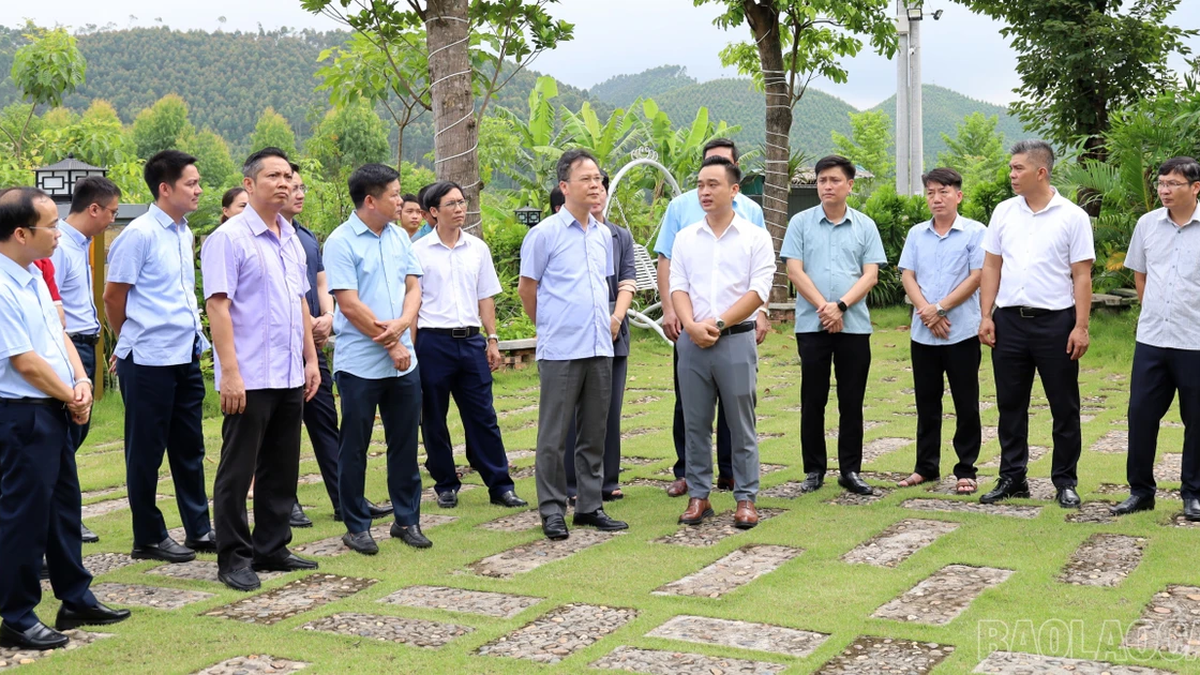
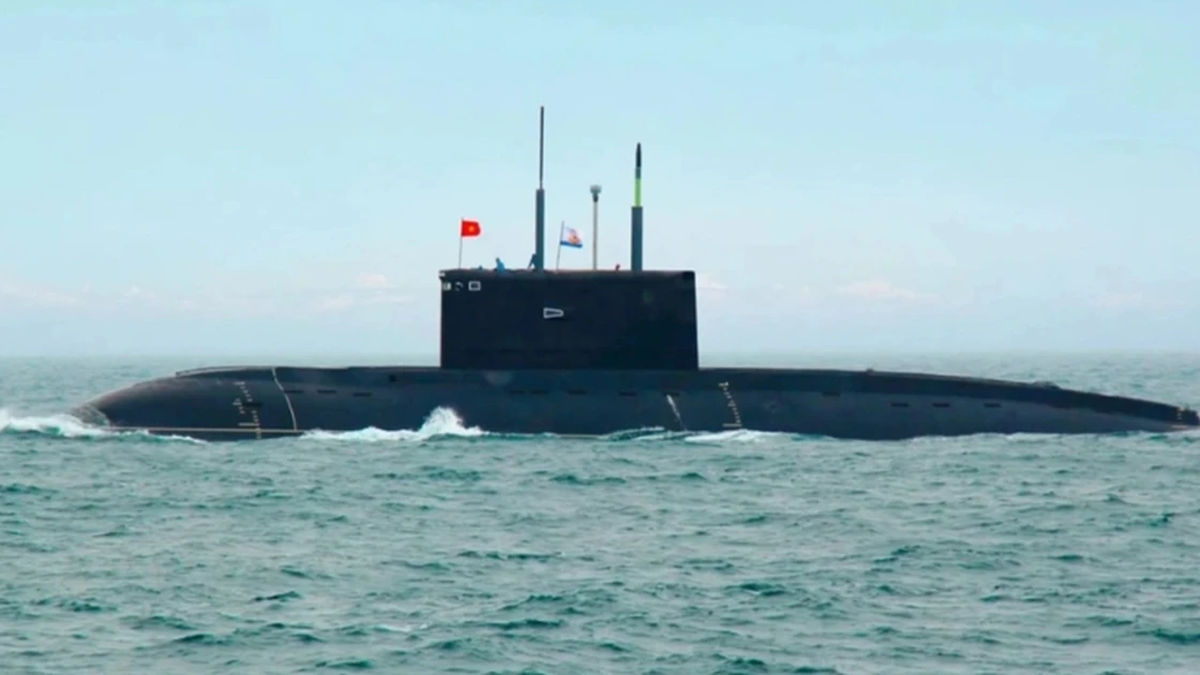
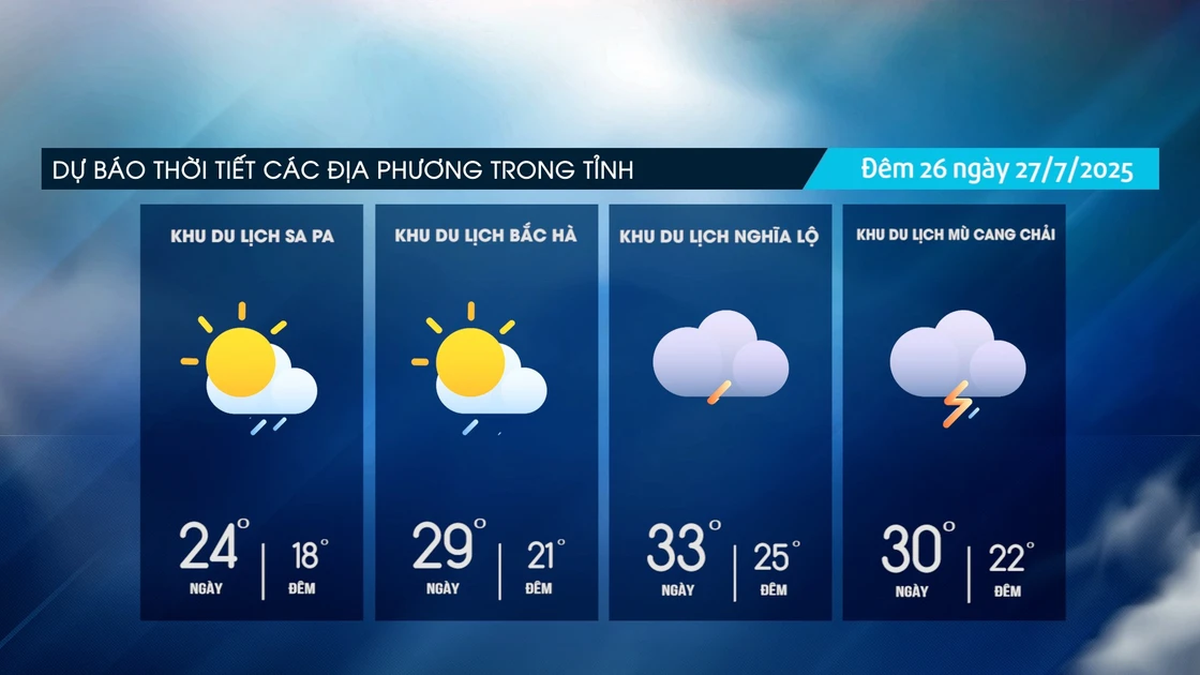

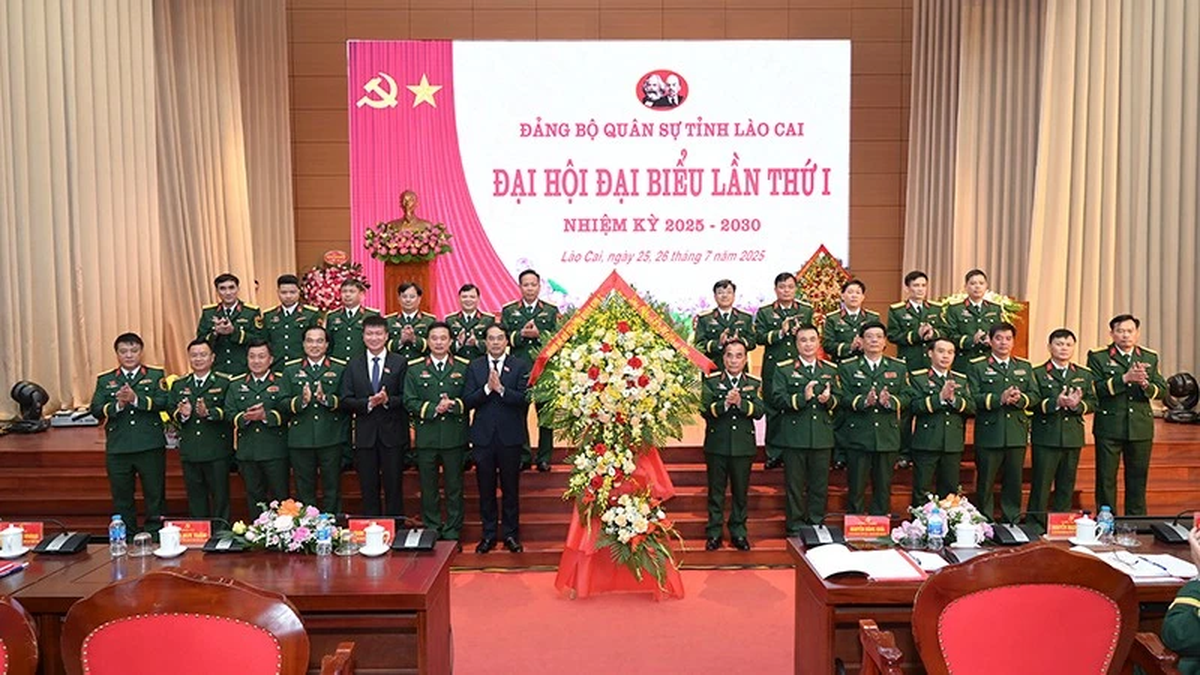

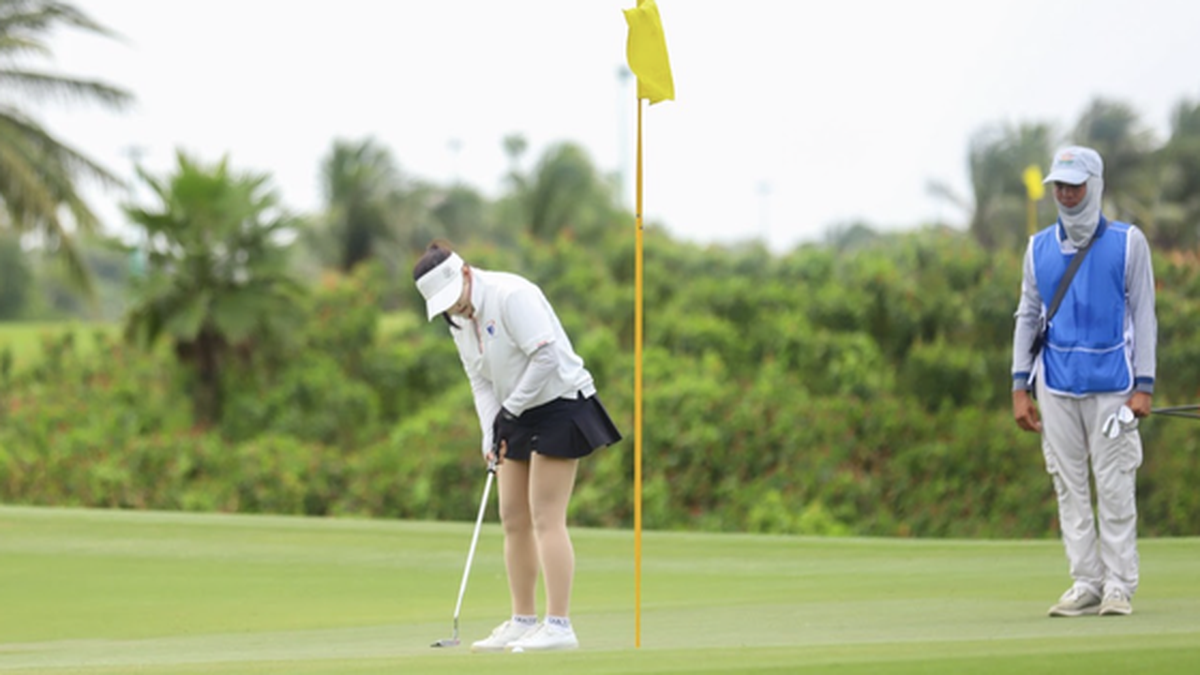
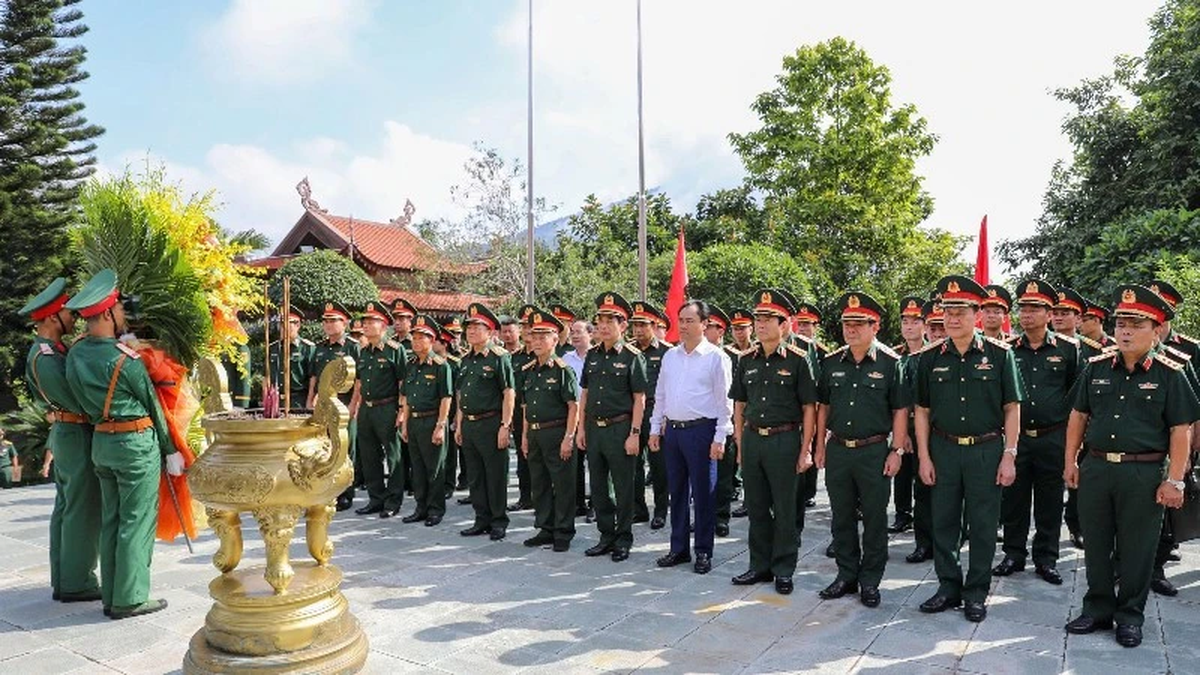



















































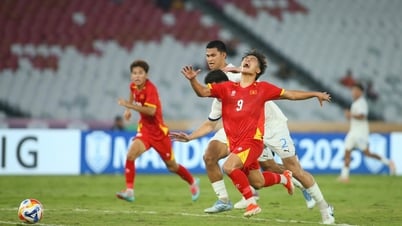




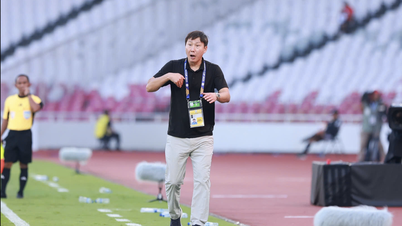

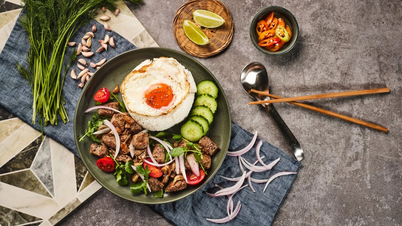








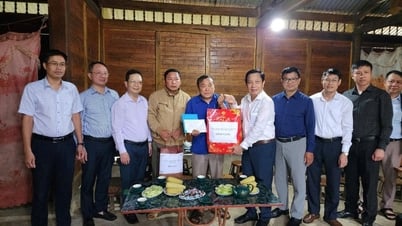
























Comment (0)